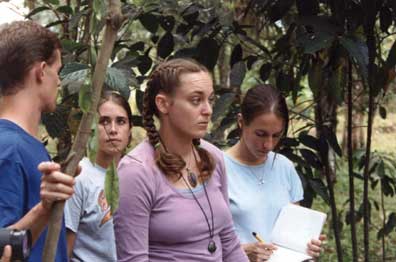
| By Admin1 (admin) (pool-151-196-165-54.balt.east.verizon.net - 151.196.165.54) on Sunday, October 26, 2003 - 1:23 am: Edit Post |
Letter from the Peace Corps Associate General Counsel

Does the Dayton Daily News present an accurate picture of the Peace Corps? Are rape and assault widespread among volunteers or are these isolated incidents? Is the reporting "fair and balanced" or is it a "witch hunt?" Read the story and the rest of the reports in coming days and leave your comments from your own personal experience at:
Quote:The Peace Corps has had extensive communications and interactions with Mr. Carollo and his associates for the past year and a half while this story was being investigated. Through these communications, we have become aware of inaccuracies. We bring these matters to your attention before the story has been finalized in an effort to ensure that a fair and accurate story will be published.
For example, Mr. Carollo stated at the Oct. 1, 2003 meeting that he spoke with the Ukrainian prosecutor involved in the Brian Krow case. This prosecutor informed him that the prosecutor's office had not concluded that Mr. Krow's death was accidental. In the Peace Corps' response to question No. 37 of Mr. Carollo's second set of questions, which refers to a Sept. 15, 1999 final official report from that same prosecutor's office reflecting the conclusion which states that, having considered the medical examination and investigation materials, Mr. Krow had died as the result of an accident. Our own Office of Inspector General was also involved and confirmed the thoroughness of the investigation and subsequent findings.
Mr. Carollo has also incorrectly claimed to the Press Office and the Office of General Counsel on numerous occasions that the Peace Corps has not cooperated with him in his investigation. In addition, while Mr. Carollo has maintained to the Press Office and Office of General Counsel that the Peace Corps' FOIA Office was not appropriately responsive to his numerous requests, the facts do not support this assertion.
